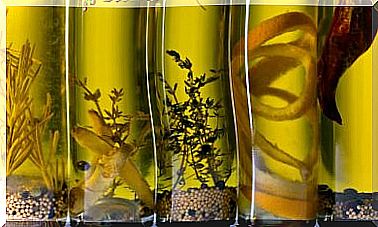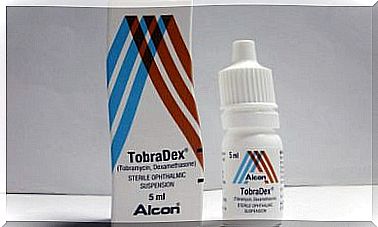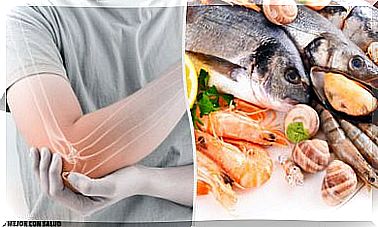Discover How Turmeric Helps In The Recovery Of Alzheimer’s Patients
Turmeric is one of the best known spices in the catalog of natural ingredients to protect the body and improve health. But did you know that it can help Alzheimer’s patients recover?
Turmeric comes from India and its gastronomic and medicinal applications have spread to many parts of the world throughout history.
Its main properties are attributed to a bioactive known as curcumin which, in addition to being responsible for its characteristic color, participates in more than 150 therapeutic activities.
This is due to its anti-inflammatory and antioxidant action that intervenes in vital functions for the body, reducing the risks of cancer and other chronic diseases.
In fact, studies claim that it has the power to cross the blood-brain barrier, which is promising for the prevention and treatment of neurological disorders.
One of the most prominent suggests that less than one gram of turmeric a day, taken for three months, can benefit Alzheimer’s patients.
How does turmeric help Alzheimer’s patients?
Alzheimer’s disease is listed as the most common form of dementia and is characterized by loss of cognitive function.
In the world there are more than 26 million patients with this disease and it is estimated that by the year 2050 the prevalence will quadruple, to the point that 1 in 85 people will suffer from it.
For now there is no cure and conventional drug treatments are not entirely effective in controlling symptoms.
Because of this, many are focusing their research on the control effects of natural ingredients like turmeric.
Results of some research for Alzheimer’s patients
This natural spice has given positive results on diagnosed patients and everything points to it having the power to improve their condition.
In a study titled “Effects of turmeric on Alzheimer’s disease with behavioral and psychological symptoms of dementia,” which was published late last year, scientists described three patients with this condition.
His behavioral symptoms improved after receiving 100 mg of curcumin daily for 12 weeks. According to the information disclosed:
“All three patients showed irritability, agitation, anxiety and apathy, two patients suffered from urinary incontinence. They were prescribed turmeric powder capsules and they began to recover from these symptoms without any adverse reaction in the symptom and clinical laboratory sections ”.
At the end of the three months of analysis, the researchers concluded that both the symptoms of the patients and the burden of their caregivers decreased significantly.
Properties of turmeric against Alzheimer’s
According to the analysis of the studies carried out regarding this spice and Alzheimer’s, curcumin is responsible for causing the positive effects in patients.
This active substance increases the clearance of beta-amyloid plaque and, in combination with vitamin D3, its neuro-restorative process is even greater.
- The spice’s low molecular weight and polar structure allow curcumin to easily cross the blood-brain barrier.
- There it binds with beta-amyloids, an abnormal protein that has been found in the brains of individuals with this disease.
- On the other hand, its powerful anti-inflammatory and antioxidant qualities reduce the symptoms that are produced by excess inflammation in the brain and cellular oxidation.
Curcumin interferes with the expression of more than 700 genes and inhibits both the activity and the synthesis of cyclooxygenase-2 (COX2) and 5-lipoxygenase (5-LOX), enzymes that modulate inflammation.
How to include turmeric in the diet?
Turmeric can be added in small amounts to many common dishes such as soups, stews, and rice dishes. It can also be added to fruit and vegetable smoothies to give them an “extra” antioxidant.
In herbal stores you can find turmeric extract and supplements, which can vary in amount of curcumin and quality.
Regular consumption of turmeric not only reduces the effects of Alzheimer’s in diagnosed patients, but also helps to avoid the risk in healthy people.
Of course, although it is a beneficial spice, remember that it should not be ingested in excessive amounts and miraculous results should not be expected.









